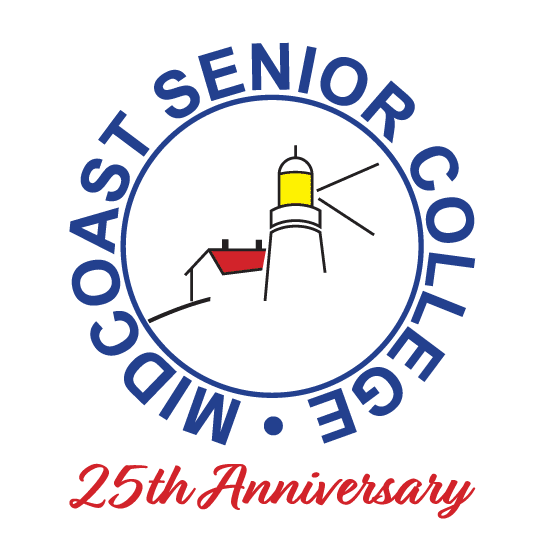Someone said in our last session that Frost was a very unpleasant person. That view of him, as I’m sure many in our group know, springs from his biographer, Lawrance Thompson, who came to despise Frost, for reasons I haven’t seen explained. William Pritchard’s study of Frost and Jay Parini’s biography set the record straight.
For other reasons, I’ve been reading transcripts of general remembrances of Amherst professors, former teachers of mine, as was Bill Pritchard. It turns out that George Armour Craig knew Frost over many years and functioned as a sort of secretary for Frost when he came to the campus. Craig tells a number of stories, but he doesn’t say anything that indicates Frost was a nasty curmudgeon. He clearly liked Frost. Dwight “Bucky” Salmon doesn’t talk much about Frost, but he does relate the following anecdote, which may be of interest to our group:
Frost said once, à propos of “some say the world will end in fire, some say in ice” poem, that “I think I know enough of hate,” he said, “You know, really, it came from a cousin of mine who was an ardent Christian Scientist who became a Christian Science healer and who got the idea that when one of her cures failed, it was because I was building up a great wall of hate. And though,” he said, “it was sort of as though I were making a wax image and sticking pins in it, but it was my hate that was preventing her message from getting through.” So, he said, “You know I sort of think that’s what I was thinking of when I said, but ‘hate is great and will suffice’” [sic.].
Theodore Baird, another professor, himself a bit of a curmudgeon, a man of strong feelings and a sharp tongue, was a good friend of Frost’s. Baird would not have put up with a crank.
I saw Frost when he came to Johnson chapel for his annual reading, probably in 1961. I was in the balcony toward the front of the chapel and saw him come through the entrance at the back of the room. The place erupted in applause when he came through the door, his white hair making him immediately recognizable. He waved his hand in acknowledgement as he came down the central aisle. I thought to myself, “This man is a performer.” I didn’t go back to his subsequent readings because of the impression I had, but some of us listened to his readings on the student radio station. We had the advantage of hearing his soft-spoken asides. In one case, he said, “I knew I’d say that.” It struck us funny at the time, and I wish I remembered what it was that he’d knew he’d say.
I bought a first edition of In the Clearing when it came out. The bookstore told me that if I took it to The Lord Jeffrey Inn, Frost would sign it. I thought it was odd that a famous poet would sign books for strangers, unseen, and I didn’t want to have it done.
My last memory of Frost is very vivid to me. I was in the old Amherst library, again in the balcony, which had a view of the large open space below. Out of the stacks at the rear came Henry Steele Commager, a famous historian who was on the faculty, followed by Calvin Plimpton, president of the college. Plimpton (brother of George Plimpton, the writer) was very tall and relatively slender, a bit goofy looking, but unmistakable. Through the front door, heading toward the two men, came Mrs. Commager. She said in a loud voice, gesturing, “Hurry up! Robert’s waiting in the car!” I went down the stairs and out the front door. There was Robert Frost in the back seat, his head half leaning on the window, not looking very alert. He didn’t look anxious to have the two men hurry along.
